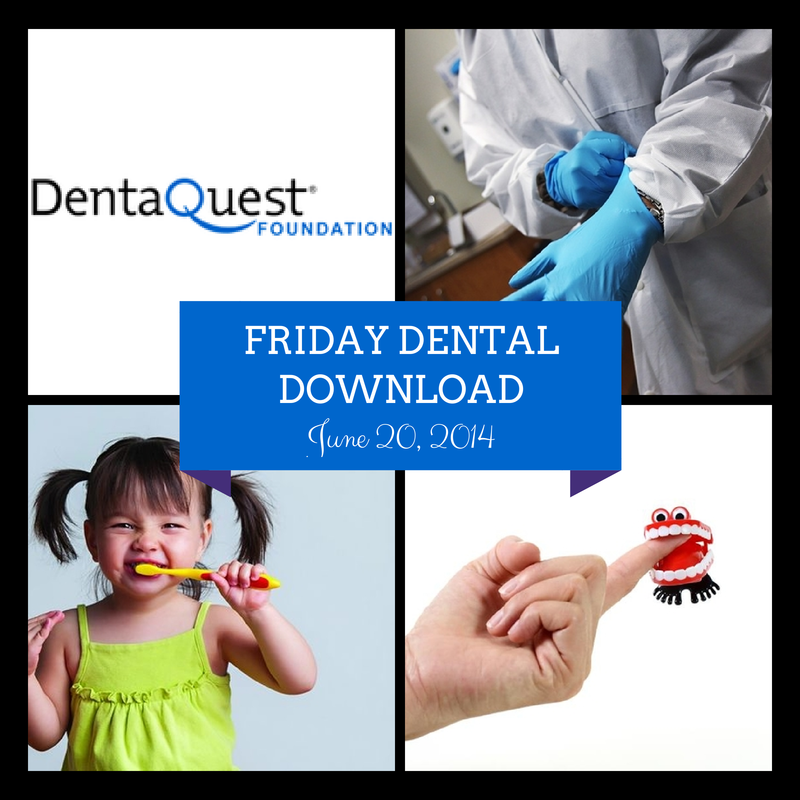This
week, we discuss how dentists can improve their work efficiency, learn about
deadly flesh-eating bacteria, and introduce a digital technology that’s
expected to accelerate the prosthetic workflow. Flow along on twitter using the
hashtag #FridayDentalDL
An
average of two out of three dental professionals experience occupational pain,
and as such, musculoskeletal disease forces early retirement for nearly
one-third of dentists. Dental equipment can play a big role in work efficiency
as can changing your work habits. Dentists can only improve their ergonomics
when they improve their physical well-being.
In
our bodies, multiple microorganisms called microbes thrive while living in
harmony with other microbes. Some, however, are parasitic, which means they
flourish and thrive at the expense of our health. Researchers may
have found a way to target the pathogenic microbes, the ones harmful to us,
through a technology known as STAMP. If STAMP proves to be successful, it could
eliminate tooth decay, improving the oral health of millions.
In
February, a Maine high school student got his wisdom teeth out, normally a
routine dental procedure. Three days after his surgery, he had a lot of
swelling and became extremely weak and dizzy. It was later reported that the
student contracted necrotizing
fasciitis, a rare flesh-eating bacteria disease that destroys
the fascia – a layer of connective tissue underneath the skin. Although this
type of disease is rare, make sure you communicate with your dentist if you
experience unexpected side effects.
Digital
technology is increasingly finding its way into everyday dental practice.
Intra-oral scanners provide new treatment options for patients and are expected
to accelerate the workflow. Little was known about the actual time required to
make digital impression, until now. A new study found that the time required for
digitalizing a dental implant fixture (like partial removable dentures) took
significantly less time than making conventional impressions – around 12
minutes.
Mainstream
science has now fully recognized the power behind coconut oil. Not only does it
combat tooth
decay and drastically improve overall mouth health, but also
specifically crushes a yeast known as candida albicans that can lead to deadly
infections.




.png)

.png)

.png)